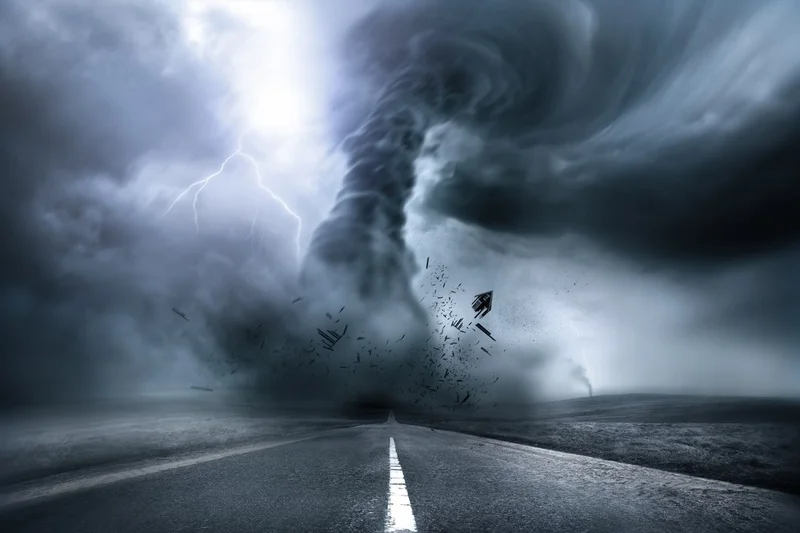Connecting Data to Wealth Creation
Connecting Data to Wealth Creation
Alright, let's dive into this mess. So, BHP, that mining behemoth, got smacked by a UK court for that horrific dam collapse in Brazil back in '15. Nineteen dead, a river poisoned, homes flattened. And now, they're whining about the lawsuit being a "duplication" of efforts in Brazil? Give me a break. UK court finds mining firm liable for Brazil's worst environmental disaster
They're gonna appeal, of course. Because when isn't a corporation appealing something that might cost them a few bucks? BHP claims they've already paid out compensation to 240,000 claimants in Brazil. Cool. So, what's the average payout? Enough to rebuild a life? Or just enough to shut them up? I'm betting on the latter.
And then there's Pogust Goodhead, the UK firm representing the claimants. They're squabbling with BHP over fees, claiming the mining giants pressured folks to settle for peanuts. Allegedly, a $30.3 billion agreement prevents claimants from even talking to Pogust Goodhead. Now, that's what I call classy.
It's always the same song and dance, isn't it? A disaster happens, people suffer, and then the lawyers and corporations start fighting over the scraps. Nobody seems to give a damn about the actual victims, offcourse, I mean of course.
Speaking of disasters, I saw this thing about Colorado's governor begging Trump (yes, that Trump, somehow still relevant in 2025) for FEMA assistance after some crazy flooding. Thirteen million in damage, roads washed out, people evacuated. Colorado Gov. Jared Polis asks President Trump to issue major disaster declaration for October floods You know what that means, right? More bureaucracy, more delays, and probably some contractor buddy of some politician making a killing off the repairs.
And then there's this feel-good story about the Washington National Guard hosting disaster response training with Malaysia's SMART team. Sounds great on paper, this "civilian-to-civilian" engagement. But let's be real: how much of that training actually translates to real-world help when the next earthquake or tsunami hits? Is it just a photo op? A way to justify some budget line item? I'm asking honestly.

They’re learning “swiftwater rescue techniques” and “breaking and breaching procedures.” Good for them. But what about the systemic issues? The lack of affordable housing in disaster-prone areas? The crumbling infrastructure that makes these events even worse? Nobody seems to be training for that.
Wait, hold on. Gotta rant for a sec. My internet provider is throttling my connection AGAIN. I swear, these companies are just waiting for a natural disaster to happen so they can jack up prices and blame it on "increased demand." Give me a break.
Back to the topic at hand...this whole disaster relief industry feels like a giant grift. Everybody's making money except the people who actually need help. BHP is going to appeal, the lawyers will keep billing, and FEMA will probably take six months to approve a single permit. It's a never-ending cycle of suffering and profiteering.
Governor Michelle Lujan Grisham from New Mexico says they've had a "tough few years with natural disasters." No kidding. But what's being done to actually prevent these disasters, or at least mitigate their impact? Or is everyone just content to react after the fact, pat themselves on the back, and then wait for the next catastrophe to roll around?
Maybe I'm just being cynical. Maybe there are people out there who genuinely care and are working tirelessly to make a difference. But honestly, after seeing this same pattern play out time and time again, it's hard to believe anything will ever change.